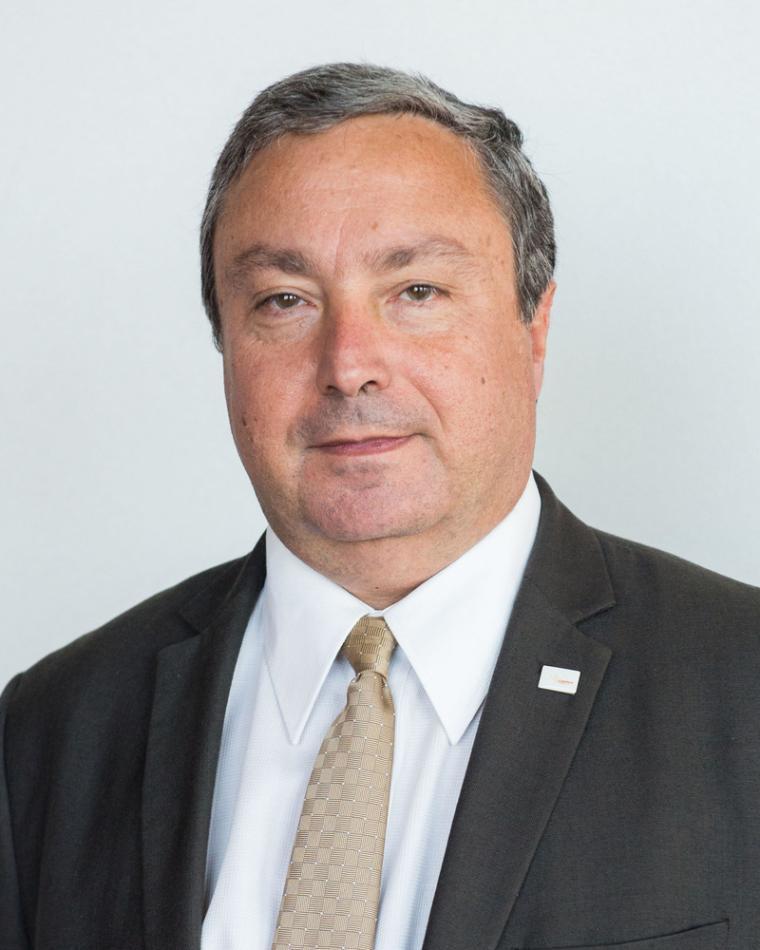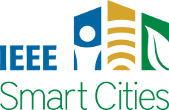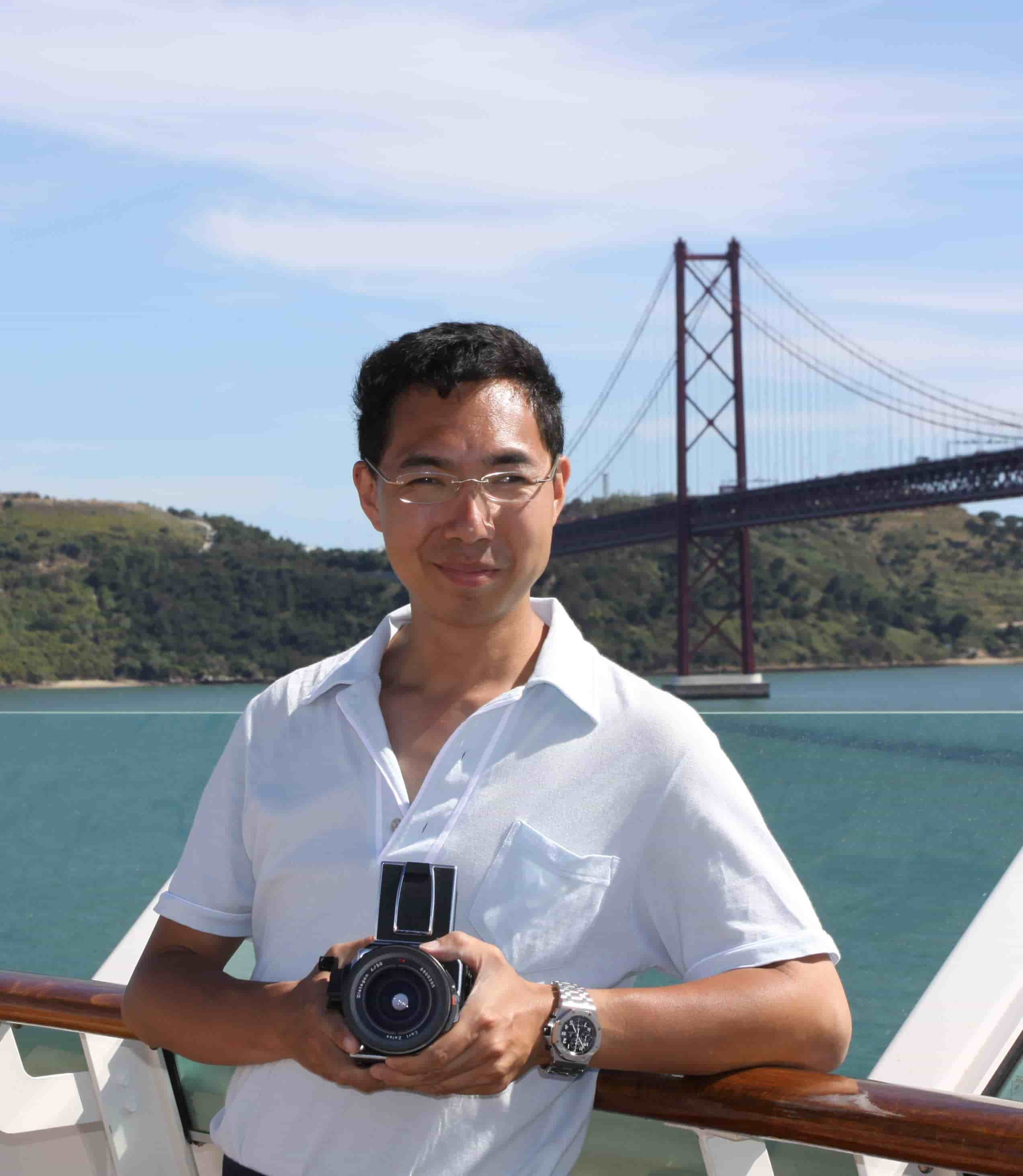Smart Cities Technical Community – The Way Forward to New Horizons
Written by Georges Zissis
On January 1, 2023, IEEE Smart Cities became the very first pilot of the "2nd Generation Technical Community" (TC2.0) process, invented and refined two years earlier.by the TC2.0 ah-hoc reporting to the IEEE TAB management committee. This date can be seen as a new starting point for the emancipated IEEE Smart Cities technical community, which can now develop its ambitions thanks to TC2.0 attributes designed to stimulate its growth.
Looking backwards, IEEE Smart Cities Initiative has been graduated from Future Directions in 2015 to become a program clustering several IEEE Organizational Units. During that period, thanks to proactive volunteers, a number of actions have been initiated that constitute today our fingerprint. I am thinking, among others, to our flagship event, the International Smart Cities Conference (ISC2), our media center, the smart cities contest… All these actions have, of course, contributed to offering a number of services to our volunteers and attracting new audiences. However, as a "program", Smart Cities has had to redistribute, at the end of each year, all the assets generated by its activities to the OUs that make it up. While this model has had certain advantages and contributed to the program's stability, it has been a serious brake on the development of long-term projects or new activities. As a result, IEEE Smart Cities found itself in a straitjacket that prevented it from realizing its ambitions. By becoming a pilot for the TC2.0 process, IEEE Smart Cities will be able to maintain and build on its assets from one year to the next, opening up new horizons for its development. However, this 5-year process is not without risk: during this period, Smart Cities must prove its sustainability before becoming a permanent OU. The achievements of this first year as a technical community are a solid indication that we, as volunteers and leaders, are capable of fulfil this goal and even going far beyond it.
One of our very first actions was to draft our mission and vision statements. Indeed, mission and vision statements play a crucial role in giving purpose, direction and cohesion to IEEE Smart Cities, expressing its ambition and guiding it towards long-term success.
More specifically, the main objective of the IEEE Smart Cities mission is to foster technological innovation and excellence in smart city technologies/systems for the benefit of humanity and to help its volunteers to improve their professional skills. In addition, our vision statement provides the roadmap for the journey towards mission achievement. Therefore, we envision the IEEE Smart Cities Technical Community as a leading professional organization that engages stakeholders in the development of sustainable, resilient, equitable, affordable and privacy-friendly smart city technologies/systems that meet diverse community needs. As a smart city is a complex, interdisciplinary object that brings together advanced technology and human societies, the IEEE Smart Cities Technical Community, led by its volunteers, aims to realize its vision as an interdisciplinary platform clustering researchers and engineers. This platform will serve a playground for establishing collaborations, exchanging and disseminating ideas that can boost innovation through, but not only, the creation of technical standards and training materials for future professionals.
IEEE Smart Cities now has a new governance structure, the Board of Governors, organized around a core of executive officers, surrounded by technical tracks and operational committees. The Panel of Administrators is the highest governance instance of our technical community. All IEEE constituting Operating Units Presidents/Chairs are siting as full members in this instance which advice Smart Cities Executives on strategic orientations of the technical community and elect the community leaders. Governing rules and the associated procedures are now set out in the new policies and procedures manual.
Smart Cities Technical tracks constitute the ground of all technical activities of our community, there are open for participation to all community volunteers. Technical Tracks contribute to fulfil our vision and reflect the identified functional and application fields within the context of urban infrastructure systems domain.
The operational committees have been coined to support governance scheme, develop and provide services to our community participants and promote our actions within IEEE but not only. For this reason, during the first year of our existence as Technical Community, we focused our efforts to create and shape the Communication and Outreach Strategy Committee that is responsible for investigating the current status of outreach in different activity areas and developing a consolidated plan for structuring our outreach efforts. This committee is also in charge of the promotion of our activities. Further, from 2024, the committee will take the full control of our web site and social media.
As a first outreach action, I am proud to highlight the signing, in 2023, of a Memorandum of Understanding with Prince Sultan University (Saudi Arabia) to establish collaboration in a variety of programs for the benefit of both organizations, such as conferences, forums, publications, history, standards, educational materials, awards, and so on. We agreed to raise awareness of technology among the general public, and to provide services that will enhance the personal and professional skills of members of both organizations. This is an excellent example of what Smart Cities shall accomplish in the next years.
Further, our flagship event, the International Smart Cities Conference (ISC2) came back to full in-person format. In this year’s ISC2 held in Bucharest, Romania, more than 110 accepted papers have been presented in various sessions. It has been organized by the Bucharest Polytechnical University and during the opening ceremony, 3 Romanian ministers affirmed the importance of Smart Cities concepts for the societies of tomorrow. The next ISC2 will take place from October 29th to November 1st in picturesque Pattaya, Thailand, organized by the IEEE PES Thailand Chapter. The central theme of ISC2's 10th anniversary edition will be "Smart Cities: Revolution for Humanity". You can learn more about ISC2 by visiting the dedicated web page: http://www.isc2-2024.com/. You're welcome to submit papers, tutorials, panels..., or simply to join IEEE Smart Cities volunteers at the ISC2 10th Anniversary Celebration and IEEE Smart Cities Contest Awards Ceremony. As the ISC2 event expands, we plan for 2025 to divide it into two versions, one located in North America and Europe and the other located in the Middle East and Asia-Pacific region; one will take place in the fall and the other in the spring. This will enable us to grow by targeting specific geographic audiences, while limiting excessive travel. In addition to ISC2, we are considering sponsoring other events in collaboration with other IEEE OUs. The IEEE Sustainable Smart Lighting World Conference will be one such event, starting in 2024.
Of course, in 2024 we our volunteers contributed to achieve some amazing actions that put forward IEEE Smart Cities activities. As example we can relate the Smart Cities month; a couple of dedicated Women in Engineering events that ran successfully this year; a very successful panel session organized during the IEEE Power Africa Conference in Marrakesh, Morocco; the 2nd edition of the IEEE Smart Cities Contest…
Let's join forces to amplify our actions to help our Technical Community achieve its mission and demonstrate its sustainability. To this end, I am launching a call to spread our action and attract new individual volunteers, IEEE OUs that you are member, or non-IEEE institutions to join the IEEE Smart Cities Technical Community. It's an ambitious goal, but one we can all achieve together.
To view all articles in this issue, please go to January 2024 eNewsletter. For a downloadable copy, please visit the IEEE Smart Cities Resource Center.

To have the eNewsletter delivered monthly to your inbox, join the IEEE Smart Cities Community.
Past Issues
To view archived articles, and issues, which deliver rich insight into the forces shaping the future of the smart cities. Older eNewsletter can be found here. To download full issues, visit the publications section of the IEEE Smart Cities Resource Center.



